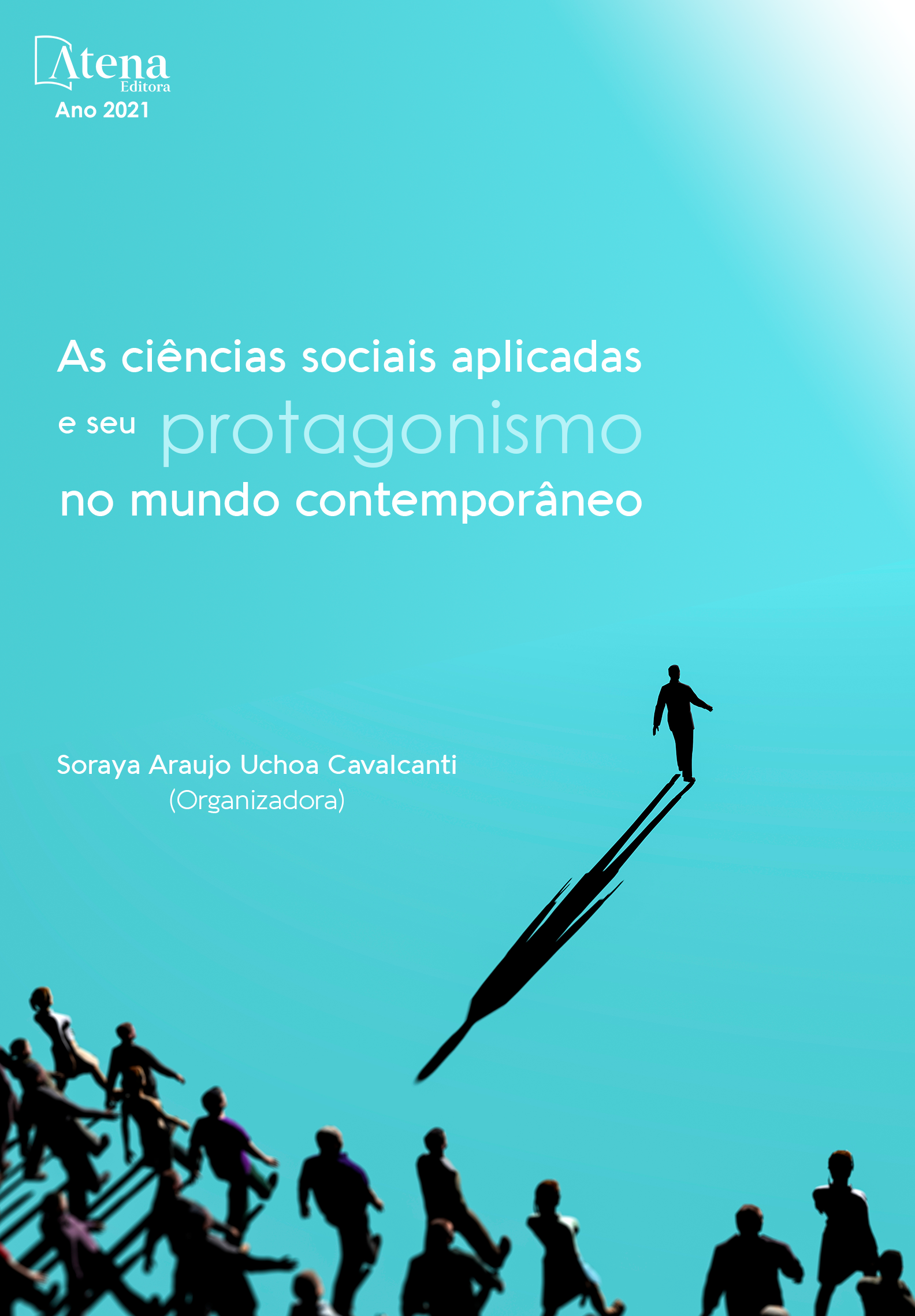
TURİSMO SEXUAL EN MÉXİCO, ENFOQUE CRİMİNOLÓGİCO.
La finalidad de la investigación es identificar la participación del desplazamiento interno de quienes ofrecen servicios sexuales en zonas turísticas y siguen un código de conducta específico “normal”, modificando las creencias tradicionales, generando un nuevo paradigma, en donde se correlacionan con otros factores de riesgo que las llevan a cometer este tipo de conducta. En metodología, se hizo un estudio analítico-descriptivo, correlacional, causal y de campo, éste en el Centro Preventivo y de Readaptación Social Femenil de Puente Grande, Jalisco (2008-2014) a recluidas por el delito de homicidio, víctimas de abusos sexuales. Se utilizaron métodos de investigación bibliográficos, criminológicos, sociológicos y derecho; observación directa e indirecta; entrevistas e historia de vida. En resultados, existen consecuencias de la conducta delictiva sexual, hay conductas repetitivas, rol de víctima a victimaria, cambios de modelos conductuales, culturales y zonas geográficas; familias en sexo comercio, con modelos de antivalores, iniciando en el hogar, violencia intrafamiliar, abusos sexuales, conductas de riesgo, separación de padres, deserción escolar, inserción temprana laboral, cultura basada en los extremos, cambios biológicos. Se aplica este estudio y puede ser útil a aquellos investigadores que analizan la relación entre el turismo sexual y su génesis, las redes criminales que participan, estudiando los multiaspectos, donde participan las multidisciplinas, como criminólogos, sociólogos, antropólogos, psicólogos, derecho, neurología, política. El estudio beneficia a investigaciones relacionadas con éste, pues existen pocos investigadores que han abordado el desplazamiento interno y externo del turismo sexual, asimismo, sobre el fenómeno de familias dedicadas al comercio sexual turístico voluntariamente, quienes ven “normal” esta conducta de riesgo, cambiando así, los valores tradicionales, con esto se crea un nuevo conocimiento y análisis multidisciplinario.
TURİSMO SEXUAL EN MÉXİCO, ENFOQUE CRİMİNOLÓGİCO.
-
DOI: 10.22533/at.ed.4412106129
-
Palavras-chave: Turismo, sexual, víctima, desplazamiento, antivalores.
-
Keywords: Tourism, sexual, victim, displacement, antivalores.
-
Abstract:
The aim of the research is to identify the involvement of the internal displacement of those who offer sexual services in tourist areas and follow a specific “normal” code of conduct, modifying traditional beliefs, generating a new paradigm, where they correlate with other risk factors that lead them to engage in this type of behavior. In methodology, an analytical-descriptive, correlational, causal and field study was carried out, this one at the Center for Preventive and Social Rehabilitation Femenil of Puente Grande, Jalisco (2008-2014) to prisoners held for the crime of homicide, victims of sexual abuse. Bibliographic, criminological, sociological and law research methods were used; direct and indirect observation; interviews and life history. In results, there are consequences of sexual criminal behavior, there are repetitive behaviors, victim-to-victim role, changes in behavioral, cultural, and geographic models; families in commercial sex, with models of antivalors starting at home domestic violence, sexual abuse, risky behaviors, parent separation, school drop-out, early labor insertion, extreme-based culture, biological changes. This study is applied and may be useful to those researchers who analyze the relationship between sex tourism and its genesis, the criminal networks involved, studying the multiaspects, where the multidisciplines participate, such as criminologists, sociologists, anthropologists, psychologists, law, neurology, politics. In new developments, the study benefits research related to it, as there are few researchers who have addressed the internal and external displacement of sex tourism, as well, on the phenomenon of families engaged in the tourist sex trade voluntarily, who see this risky behavior “normal”, thus changing traditional values, this creates a new multidisciplinary knowledge and analysis.
-
Número de páginas: 13
- LUZ ADRIANA NÁPOLES DURÁN
- CARLA MONROY OJEDA
- DANTE JAIME HARO REYES
- JORGE HUMBERTO MEDINA VILLARREAL
- MARTHA F GARCÍA ÁLVAREZ


